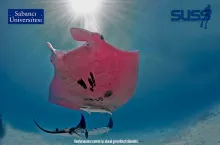UP School, of which Mina İlköz - a 2017 graduate of the Economics program of our University, is the co-founder, - is working to encourage women role models in technology.

Despite being established during the pandemic, UP School already has considerable achievements. Young women graduates of UP School have already started to work for companies like Ford Otosan, Coca Cola Turkey, Hepsiburada and İş Bank. Born as a social initiative, UP School has some ongoing programs, including the Android Development Program in partnership with Akbank and the Data Analysis Program with Ford Otosan.
We talked to our alumna, Mina İlköz about the story of the establishment of UP School and her targets going forward.
First of all, can you introduce yourself? Can you talk briefly about your career path and the process that led you to establish UP School?
Hello, I am Mina İlköz. I completed my primary and secondary education in Gönen, entered Sabancı University in 2012, and graduated from the Economics Program in 2017. During my first year at the University, an orange banner on the campus attracted my attention. I approached the banner and saw that it was YGA‘s (Young Guru Academy) banner. Every year, the YGA Summit was being organized and 100 volunteers were selected from among 50,000 applicants. YGA is an NGO, an ecosystem that raises both conscientious and well-educated youngsters. After I saw the banner, I applied to YGA. Following a 4-stage process, I became a YGA Volunteer. During my university studies, I spent 5,000 hours on YGA’s social innovation projects and I assumed active responsibility.
During the 3rd year of my undergraduate studies, I was involved in the Erasmus exchange program through the means provided by Sabancı university, and I studied at Tilburg University in the Netherlands for a semester. The Labor Economics course that I received at Tilburg impressed me so much that I was doing preliminary studies before going to the course :) Covering critical issues such as the gender pay gap or prioritization of men for recruitment, this course gave me a big inspiration to make a project for women. We even made a Free Project application in this field with my roommate at Sabancı.
During my last year at the university and after graduation, I worked for Turkcell’s crowdfunding platform called Arıkovanı. It was great experience for me to work with entrepreneurs to fund their projects at the launching stage. Working with entrepreneurs under a corporate structure, I learned many things about the ecosystem.
After 1.5 years, I returned to YGA to do both meaningful and global projects and started to work there professionally. After 2 years with YGA, we established the UP School initiative.
When and how was UP School established? Can you share your entrepreneurship story with us?
UP School is a YGA initiative. There are many initiatives established by YGA graduates like me. WeWALK and Twin are examples of such initiatives. We established UP School in March 2020. With my friends from YGA, we started to think about what could be done to elevate women. Nowadays, one of the best ways to do it is to use technological leverage.
With this in mind, we contacted the HR and technology teams from many companies and listened to their problems. Unfortunately, the competencies that students learn at universities are not always those required by companies. Companies are having great difficulty finding the right people for their vacancies. As the brain drain from Turkey in the field of software has intensified, this issue has become even more critical. Moreover, the rate of female employment in technology is only 10% in our country, whereas the world average is around 30%.
Having seen the situation, we started to work on it immediately.
At UP School, we encourage women role models in technology. We design software training programs for women and we lead them to their professional career in companies. As a matter of fact, we enable them to reach the career they dream of. So far, we have implemented RPA and Data Science training programs at UP School. Young women graduating from UP School have started to work for companies like Ford Otosan, Coca Cola Turkey, Hepsiburada, and İş Bank.
Our ongoing programs are the Android Development Program that we implement with Akbank, and the Data Analysis Program with Ford Otosan.
In implementing our first programs in Turkey, our aim is to become a global ed-tech initiative.
With this in mind, we cooperated with Stanford University last summer and we worked on the global expansion of UP School with Rika Watanabe, a Stanford MBA student.
Through our cooperation with Google UK, we hosted 3 Google engineers as visiting instructors in our Data Science program.
UP School is just one year old. Ours is an initiative established in the middle of the pandemic; therefore, we have been working remotely from Day Oone, and we do not have any physical offices. We have not even met the graduates of our program physically yet :)
Ever since its establishment, Sabancı University has assumed a leading role among universities in terms of enabling students to acquire social responsibility through the Civic Involvement Projects that are made obligatory for students. The UP School initiative has a strong social responsibility aspect. From this perspective, how would you interpret being a Sabancı University student?
I find this initiative of Sabancı University very valuable. We are in a meaningful life in which we can add value, not just a bright career in a good company. It is priceless for all of us to have a vision which serves this purpose as soon as we arrive at the University. I am sure that the vision of the University changed many students’ perspectives.
What are your objectives and plans for UP School?
Our objective is to increase number of our programs in Turkey and secure cooperation with a greater number of institutions. Additionally, global expansion is a very exciting idea for us. We’re working really hard on expanding to the UK.
Last but not the least, I have a call out to Sabancı University students. Our doors are wide open to Sabancı University students who want to have an internship at UP School:) Those who are interested can send an email to mina@upschool.io.


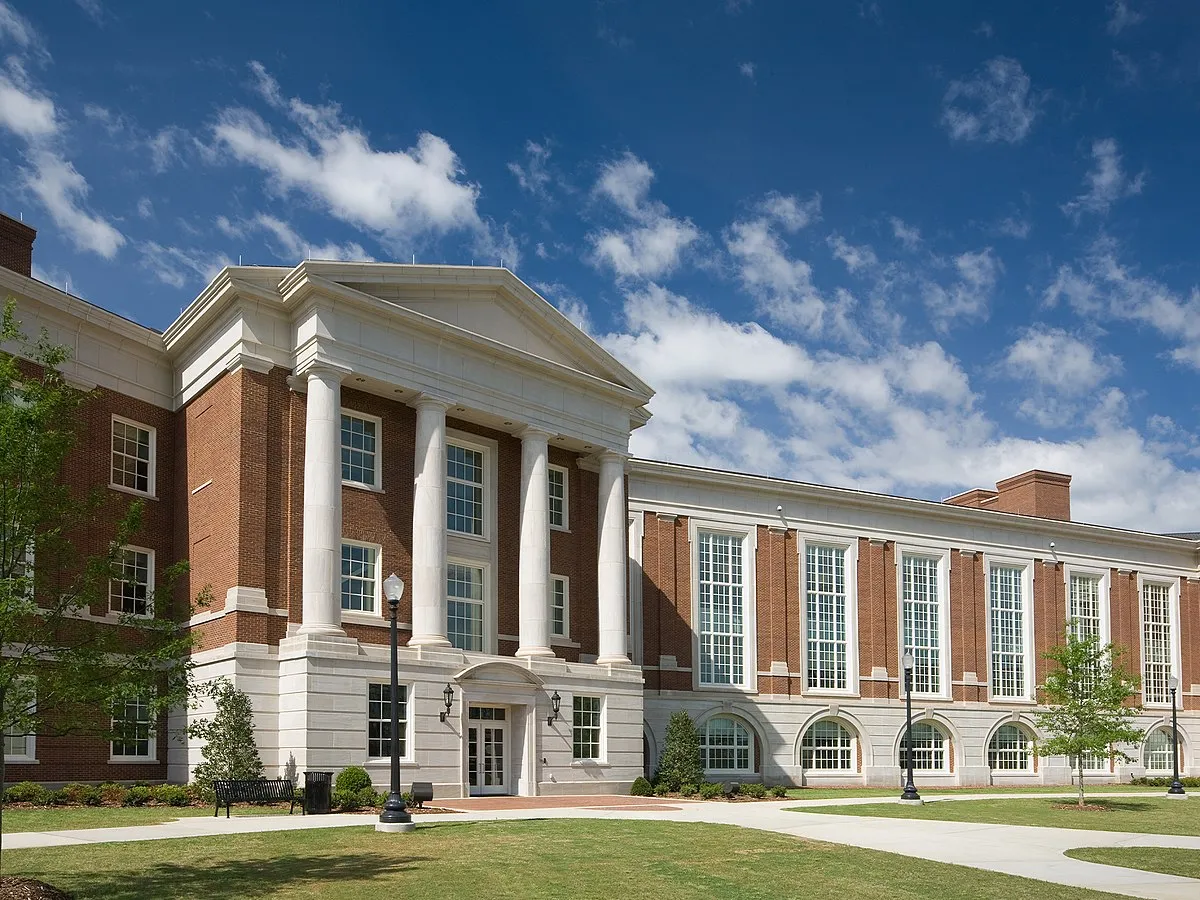
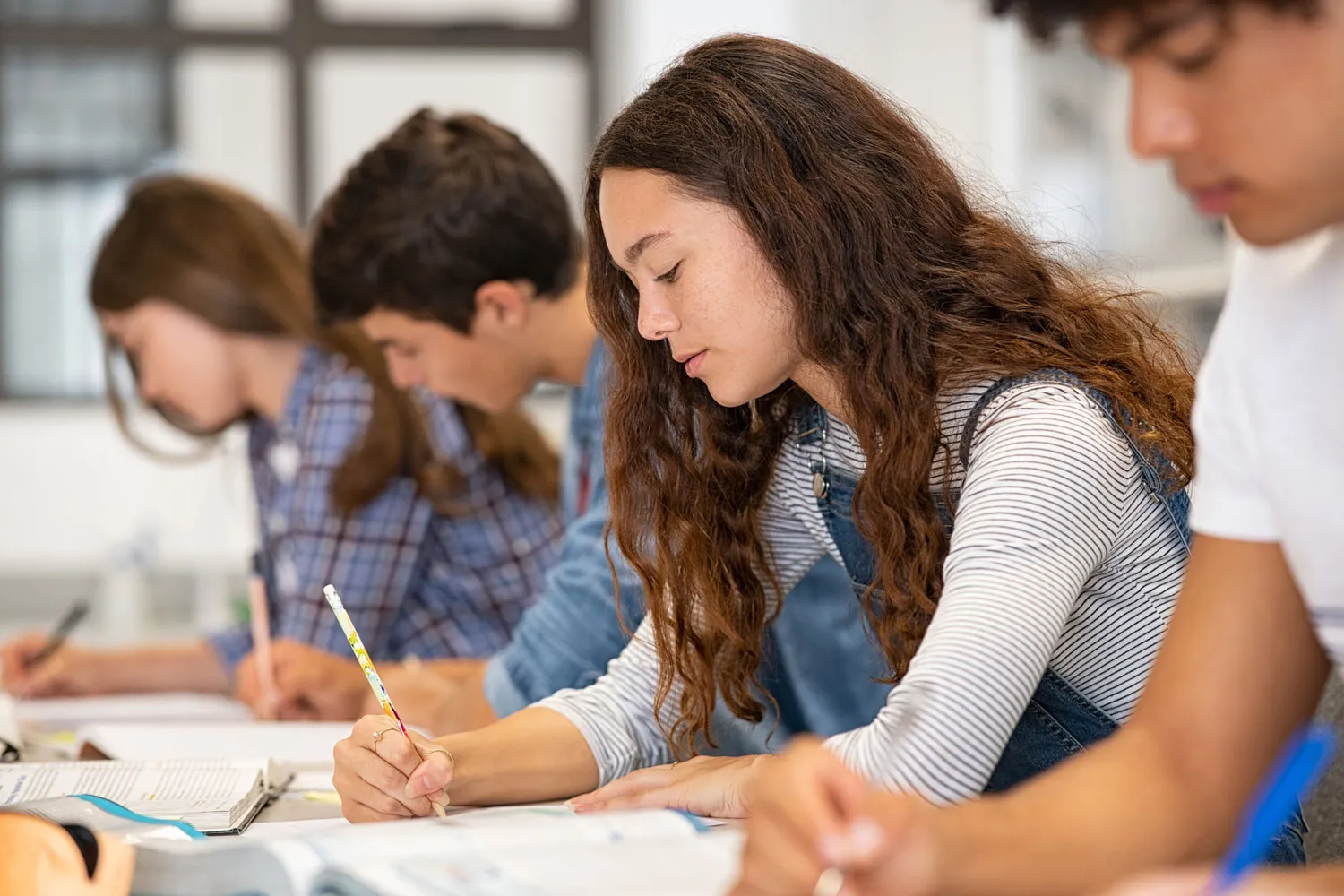
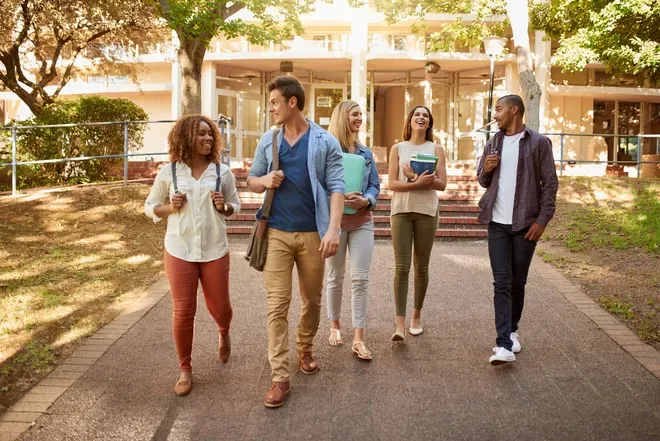
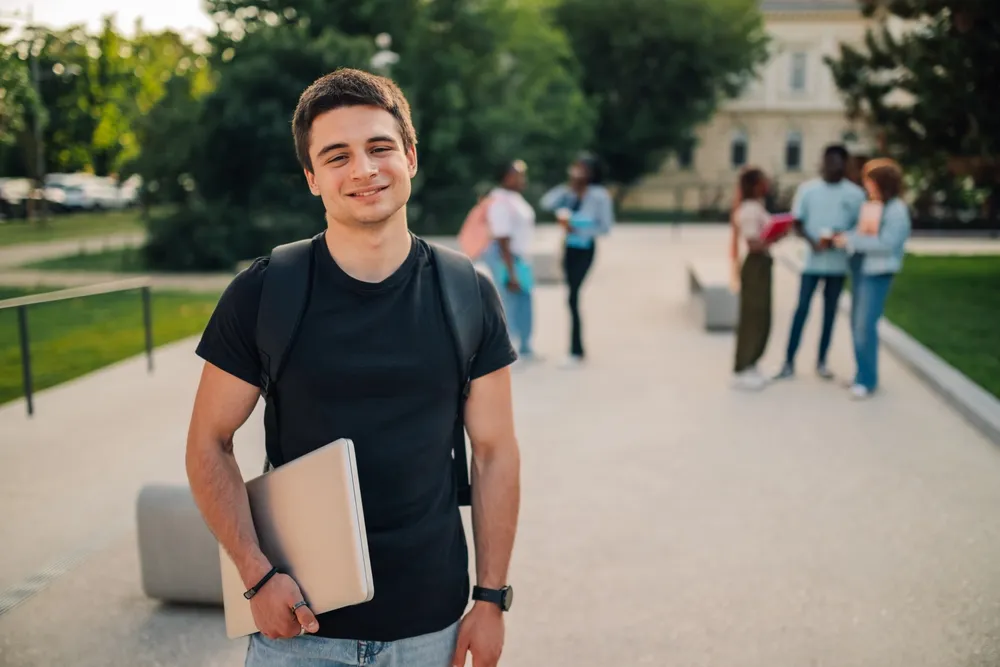
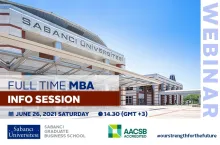
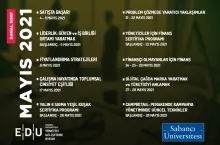

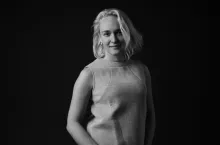

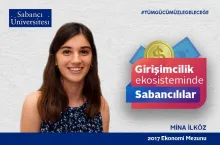

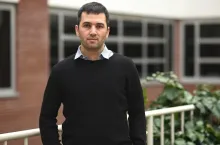



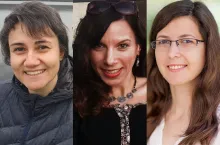

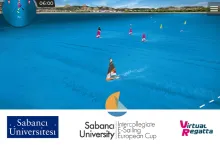

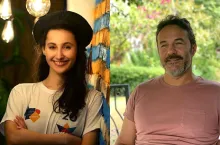
 Gizem Gezici,
Gizem Gezici, 